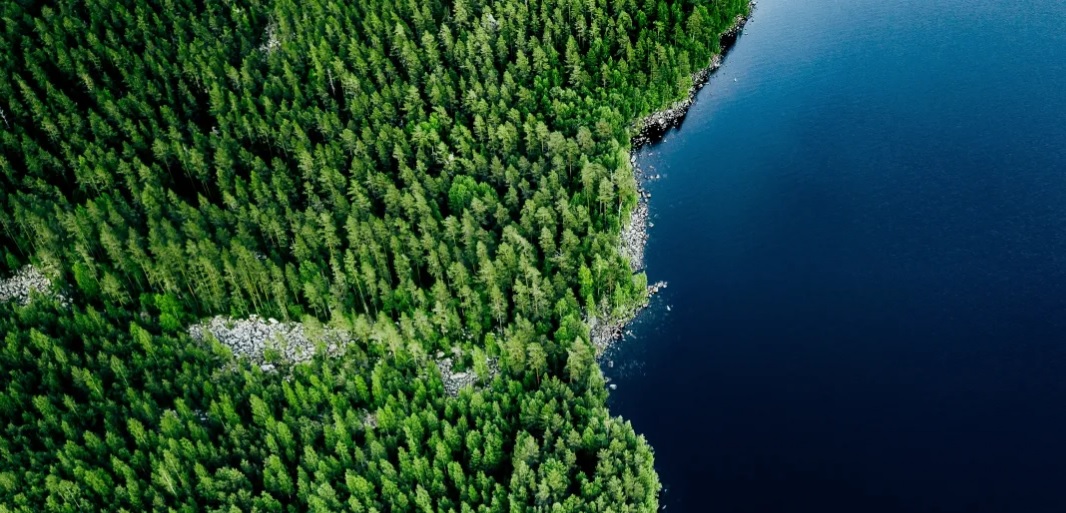VTT Technical Research Centre of Finland announces a new initiative to address the challenges of energy and resource consumption in the forestry and textile industry. The goal of the Energy First initiative is to act as a starting point for an entirely new technology, which creates the conditions for the manufacture of low-carbon, energy-efficient, and recyclable fiber-based products.
With a budget of around Euro 20 million over the next four years, the initiative consists of several projects and will establish a new innovative open-access pilot line in Jyväskylä, Finland. The collaborative research aims at developing and testing commercially viable, sustainable alternatives for cardboard packaging, hygiene products, and non-woven fabrics.
“This new initiative is a pivotal step towards more sustainable and competitive fiber-based products, and has the potential for great impact, thanks to more than 50 industrial partners. We are excited about the prospect of 1:1 commercial projects with companies, driving innovation in energy-efficient paper board production. VTT’s purpose is to bring together people, business, science and technology, paving the way to a sustainable future. The Energy First theme aims to do just that,” says Atte Virtanen, Vice President, Biomaterial Processing and Products at VTT.
The forest industry faces new challenges, including the rising cost of energy and fiberwood scarcity. The Energy First theme seeks to overcome these hindrances to sustainable products by developing a manufacturing process with minimal water and energy usage. Preliminary estimates by VTT’s scientists suggest that the new manufacturing process will provide a potential reduction of up to 90% in water consumption and a significant decrease in carbon emissions. Overall, the goal is to reduce energy consumption by up to 50%.
Products manufactured with the new process are designed to be compatible with existing recycling methods. Furthermore, fiber-based packaging is produced in a way that makes it a sustainable alternative to reusable packaging. The planned EU packaging and packaging directive requires that both the raw material and the manufacturing process are sustainable, and recyclable bio-based packaging solutions will have to undergo a sustainability assessment.
In addition to reducing water and energy consumption, the project seeks to redefine the forest industry's environmental impact and enhance the competitiveness of fiber-based products. For example, by making the products lighter, more products could be produced for consumer use from the same amount of wood, which improves resource efficiency.
The equipment for the pilot project will be supplied by Anpap Oy. Anpap designs, manufactures and supplies airlaid technology and machinery.
“We feel that the Energy First project is one of the first steps in unlocking the full potential of airlaid technology in sustainable single-use and durable product categories. Anpap has set the benchmark for the airlaid industry for the past 40 years, and we have a strong commitment to keep developing the technology to enable the transition to next-generation sustainable products. Compared to wetlaid, airlaid web forming is flexible and consumes dramatically less natural resources, such as water, which reduces the environmental impact of manufacturing and while satisfying the needs of consumers,” says Tuukka Vihtakari, CTO, Anpap.
